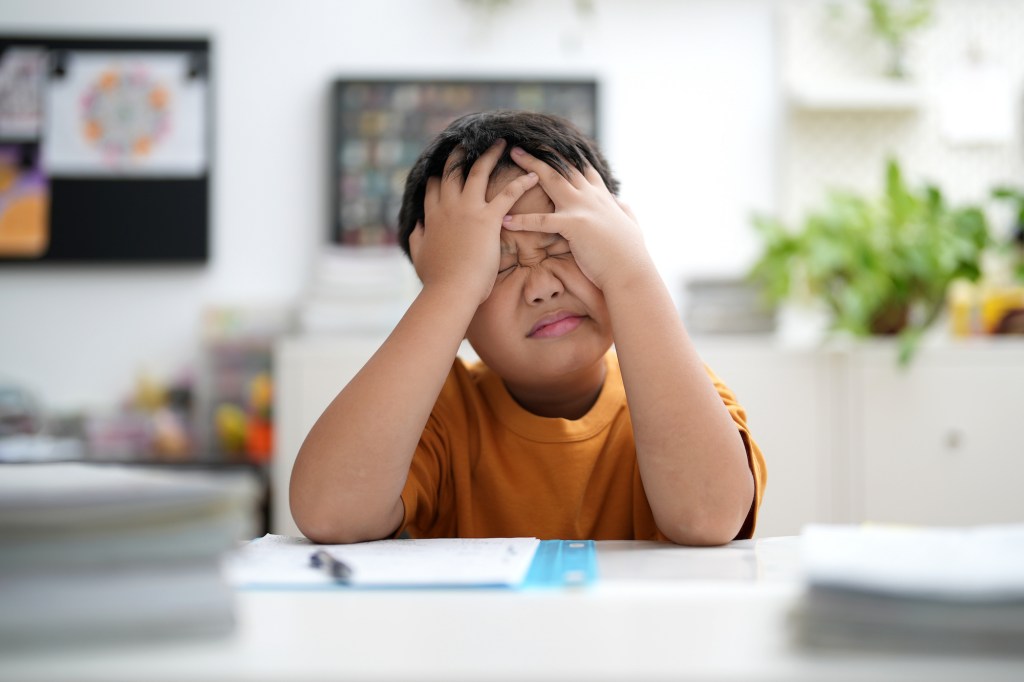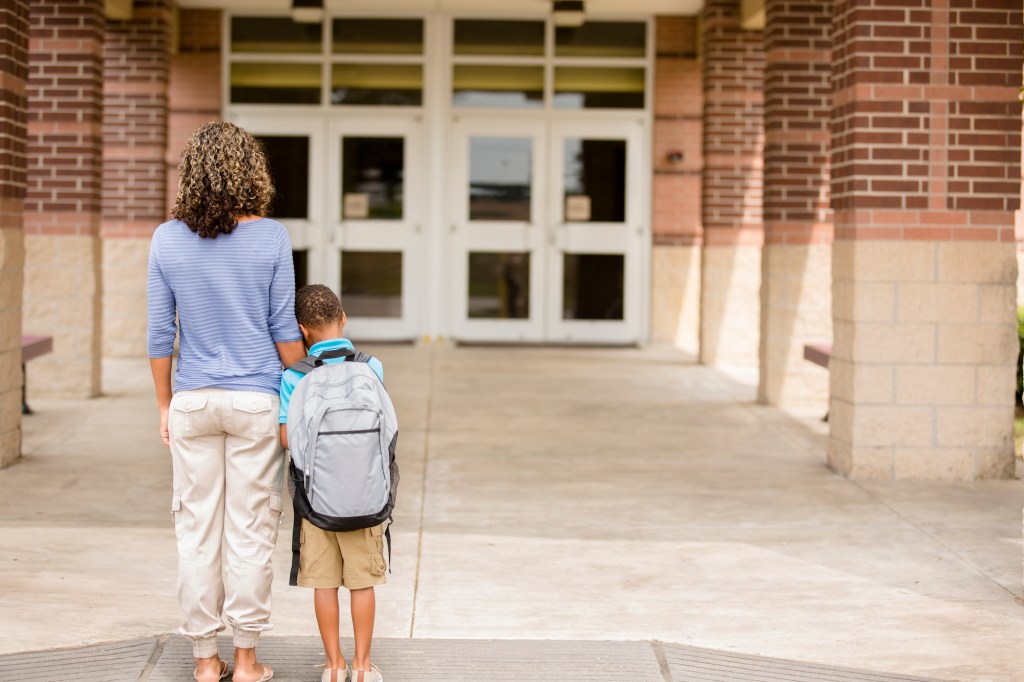When it comes to physical health, most parents and carers have a good handle on when their young person is okay to go to school and when they are not.
One of the upsides of COVID-19 has been a greater acceptance that we all need to stay home when we have a virus, to protect those around us.
However, it’s not so straightforward when the issue is your child’s mental health. Knowing when to allow our young people to take time off school opens up a gray area that can feel tricky to navigate.
Kids need some time out

Almost all young people will go through experiences and moods that will impact their ability or willingness to show up at school. For example, if a young person experiences a traumatic event, they might need some time to recover. Adding the usual stresses of school at a time like this could leave them feeling overwhelmed.
Also, when a young person is diagnosed with a mental health condition, a professional might suggest they take regular days away from school to support their mental health needs.
So, when you are considering if your young person should take a mental health day, it can be useful to keep in mind that in many cases time is needed for treatment of and recovery from mental health challenges – just as it is for physical health concerns.
What about school?
School attendance is important. We know that missing a lot of school time can impact a young person’s academic performance and their social life.
As a child, your own mental health needs might not have been considered reason enough to take time off school, so you might feel conflicted about letting your child stay home for that reason. You might even wonder if they just want a free day away from class.
Setting up some good foundations and habits as a family can be helpful in giving you a good ongoing understanding of your young person’s mental health.
The 10-point rating scale that helps parents

Ask them regularly to rate how they feel on a ten-point scale.
If their score starts to drop, this could indicate that they’re not in the best place when it comes to their mental health and so a mental health day could be beneficial.
If you do choose to let your young person have time off school to support their mental health, setting expectations around how they use the time can help to ensure their time away from class actually supports them to feel better.
This could include things like attending an appointment with a mental health professional or spending time in nature. And, while they may spend some of their day on their devices, extended screen time may not best serve their mental health.
If your young person is asking to stay home from school on a regular basis, or is simply refusing to go to school, it’s really important that you seek support – whether that be from their school, a mental health professional, or a support service – or even all three.
Linda Williams is a senior psychologist a clinical lead at ReachOut, the leading online mental health service in Australia supporting young people during tough times.














